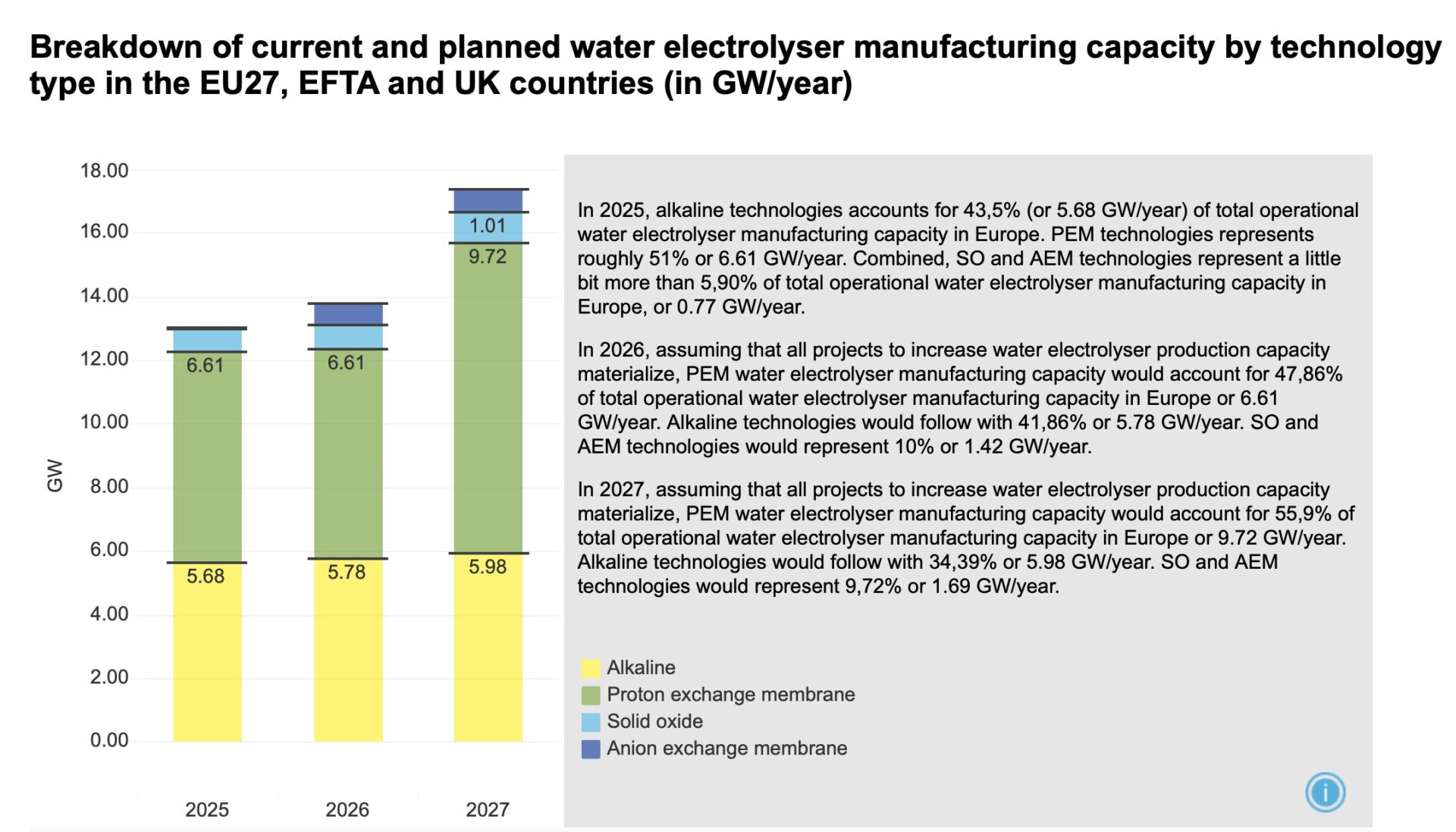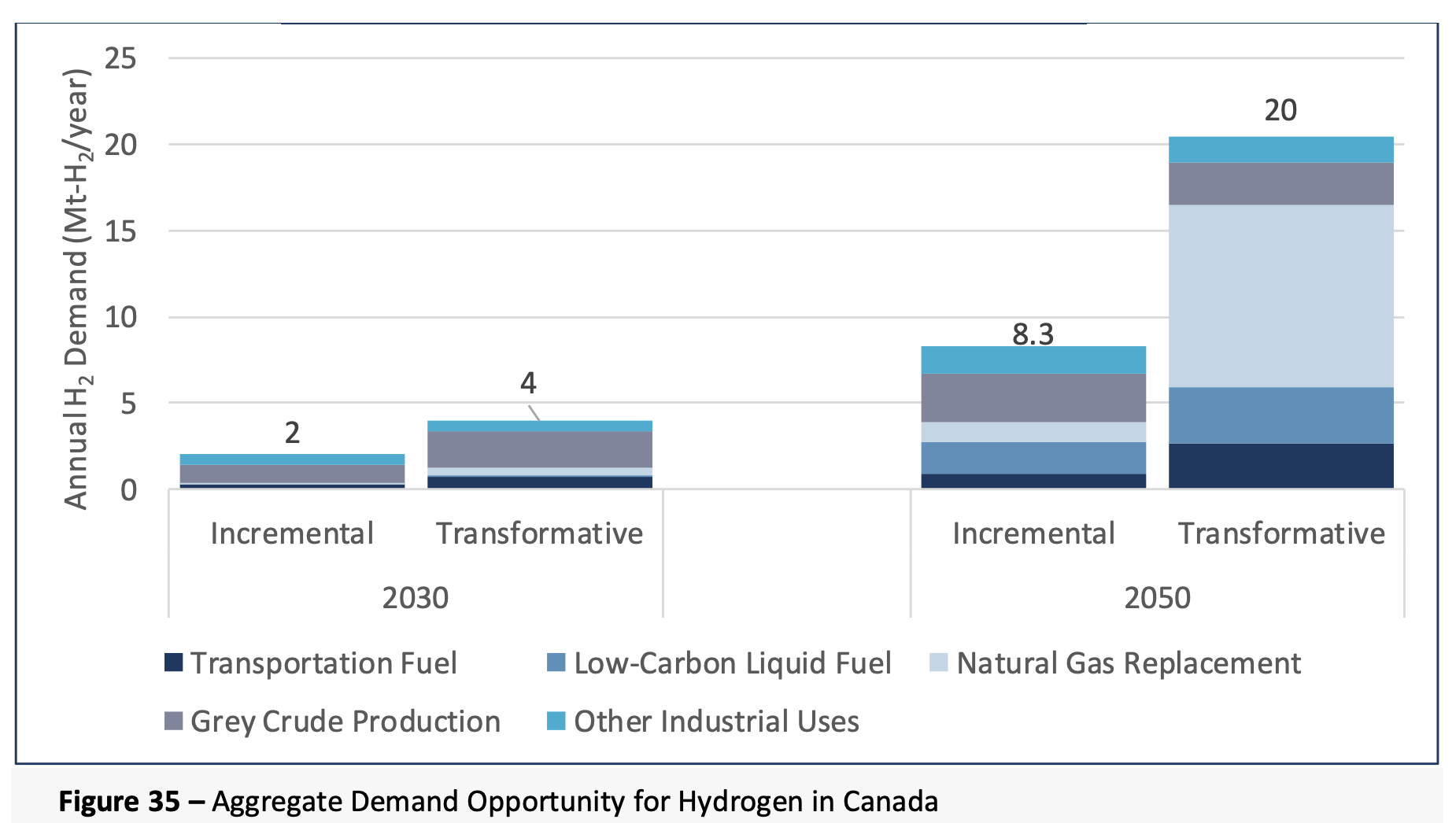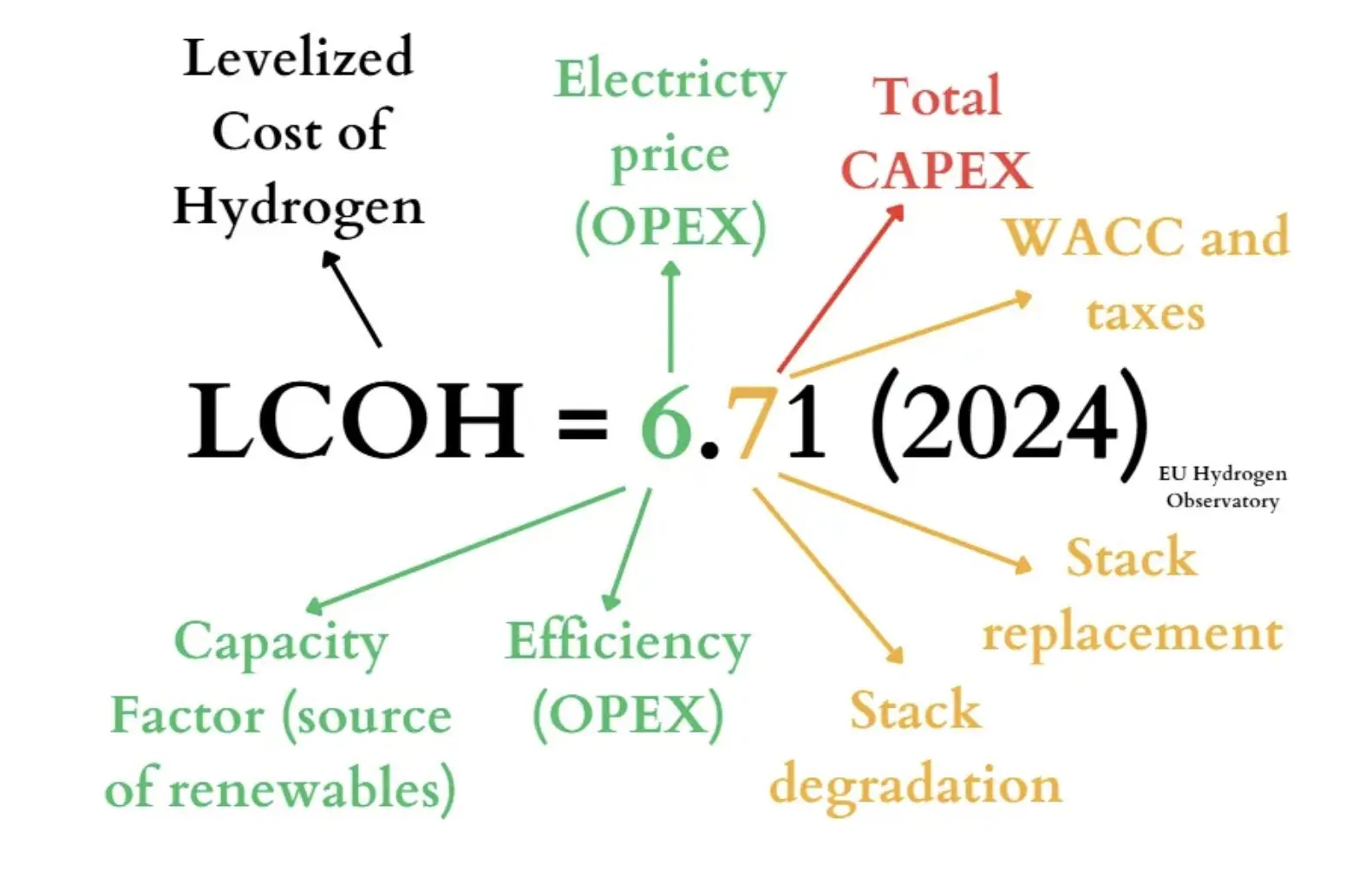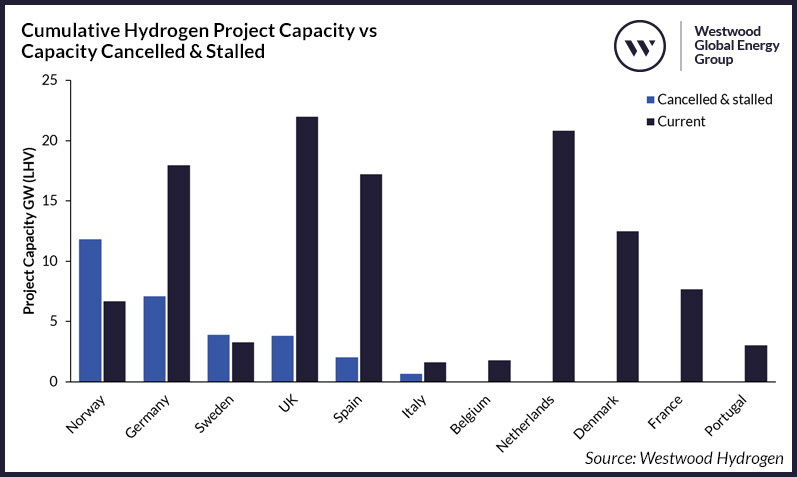
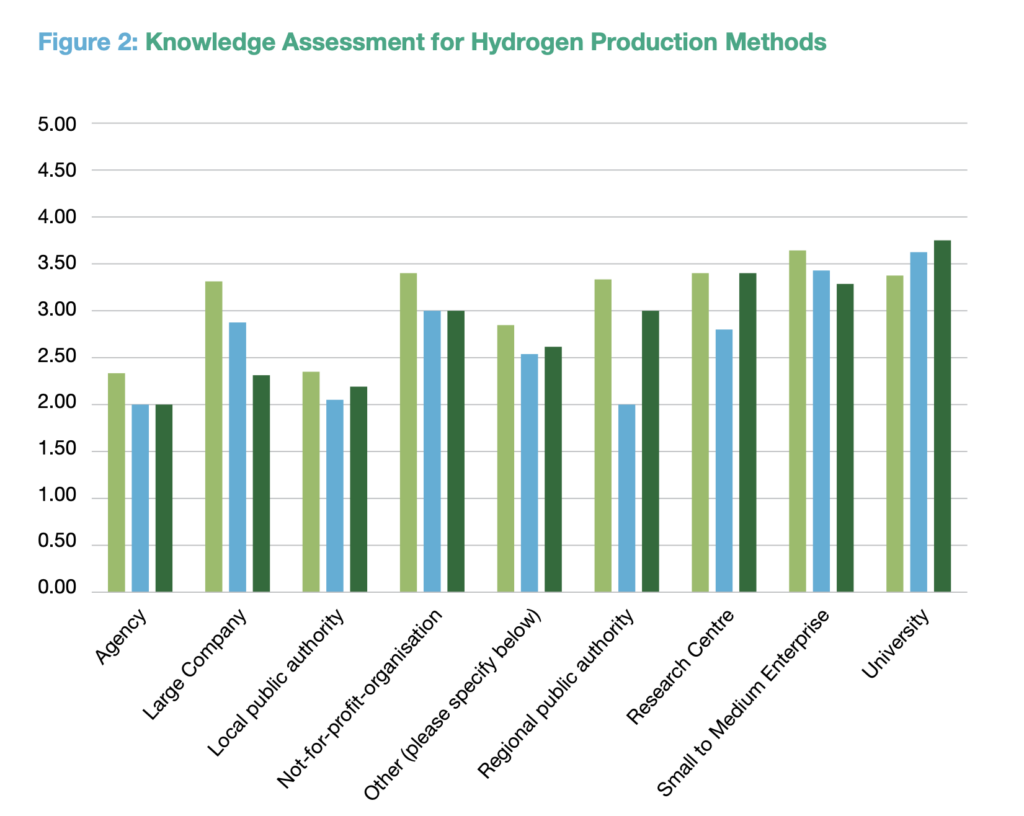
New findings highlight major gaps in European hydrogen policy and regional readiness — from funding and regulation to safety and technical skills.
Europe’s ambition to build a world-leading hydrogen economy is advancing, but progress remains highly uneven between regions. Recent stakeholder data reveal that while awareness of hydrogen’s strategic value is strong, the depth of policy and technical expertise varies sharply.
Universities and technology firms tend to lead in knowledge and innovation, yet local authorities and regional agencies lag behind in crucial areas such as safety standards, permitting, and infrastructure planning. Uneven access to funding and a shortage of skilled personnel further slow project development outside major industrial hubs.
Across the continent, the most common barriers identified include high project costs, uncertain regulation, and limited coordination between national and regional policies. Encouragingly, most respondents expressed interest in training and capacity-building programmes focused on regulation, market design, and hydrogen safety.
Bridging these knowledge and policy gaps will be critical for Europe’s hydrogen ambitions. A more balanced regional approach — sharing best practice between frontrunners such as Germany, the Netherlands, and Norway, and emerging regions in southern and eastern Europe — could accelerate deployment and ensure hydrogen’s benefits are shared across the single market.
Source: Hydrogen Europe Research

